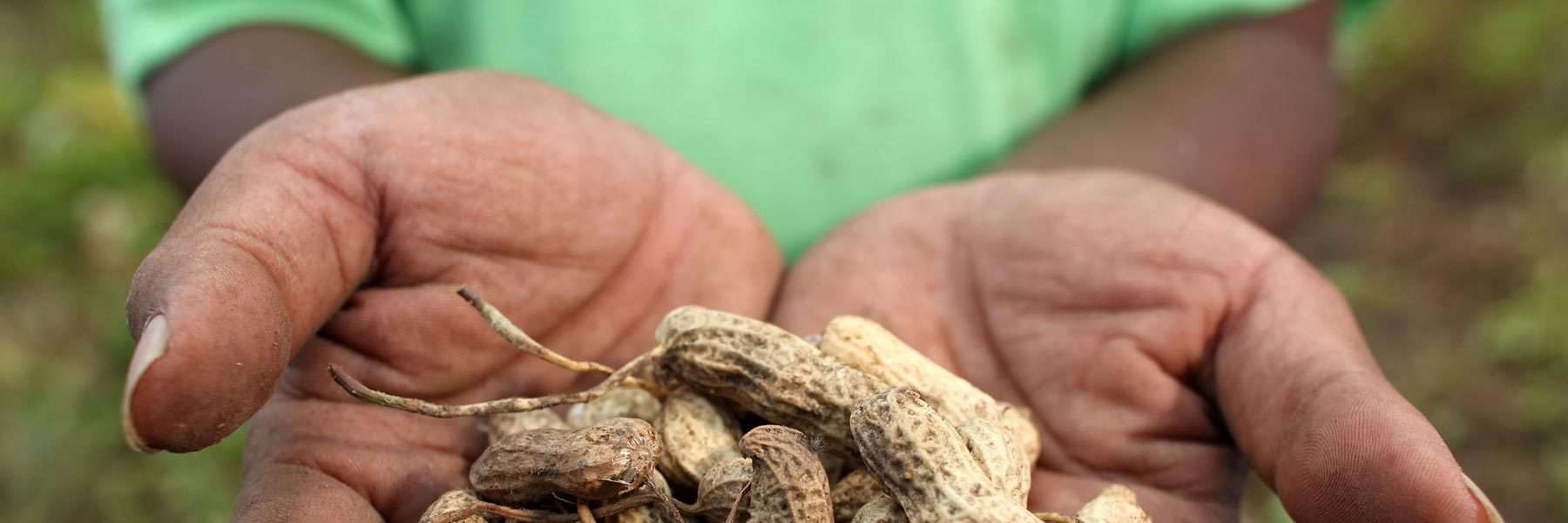Letter to Minister Popham – Stop Site C
Dear Minister Popham,
I am writing to share with you an important resolution passed by the membership of the National Farmers Union at our annual convention held online in November that I know will be helpful in encouraging your colleagues to save the Peace River Valley:
BE IT RESOLVED THAT THE NATIONAL FARMERS UNION, Region 8 (BC) call upon the Honourable John Horgan, BC Premier (premier@gov.bc.ca) and the Honourable Bruce Ralston, BC Minister of Energy, Mines and Petroleum Resources (EMPR.minister@gov.bc.ca) to:
- Institute a formal public inquiry, vested with subpoena power, to hear testimony under oath and subject to cross-examination, to determine:
- a) whether Site C dam is buildable;
- b) whether it would be a threat to public safety; and
- c) how much it would cost.
- Immediately stop all major works on the Site C dam site pending the outcome of this inquiry.
Wendy Holm, author of ‘Damming the Peace: The Hidden Costs of the Site C Dam’, spoke at our annual Region 8 and National conventions, and informed our membership of what she called a geotechnical catastrophe occurring at the Site C Dam site. Wendy referred to how the deep shales and loams offer no secure footing for the dam, the spillway, and the generating station, resulting in no longer knowing how much the Site C Dam will cost, nor if it will ever be safe. The debt to taxpayers arising from the Covid-19 pandemic means we no longer can afford the capital sinkhole that Site C has become. Covid-19 has also unmasked food security concerns with news of Canadian food costs increasing this winter 4.5-6.5%, none of which will end up in the pocket of the farmer in a highly concentrated system.
Now more than ever, the social and economic costs of food insecurity – particularly in Canada’s north, cited as a priority by Ottawa for over two decades yet never addressed – must be added to the costs we are asking today’s and tomorrow’s taxpayers and communities to bear.
As Agriculture Minister, you know the agricultural importance of this land. In full production, the deep alluvial soils and unique microclimate of the Peace Valley have the capacity to meet the nutritional needs of over 1 million people a year, forever. Mother Nature can still heal this land. It is not too late to stop Site C!
We request that you consider a strategy that would see universities and colleges in BC, YK, NWT and AB form a learning cooperative, acquire the land, and offer 2 year practicums to graduate students with the opportunity to join a homesteading cooperative on completion. A pan-university learning centre on site could provide learning and extension support from local northern farmers and university professors/graduate students. This vision aligns with the work being conducted by Kwantlen Polytechnic University to strengthen connections across the province and propose a comprehensive organic/regenerative extension program for British Columbia. The Peace River Valley could be an integral part of a collaborative, sustainable, organic and regenerative production extension service and training location to support shifting to climate friendly agriculture and become the boots on the ground action to combat climate change.
The Northern Environmental Action Team’s Northern Co-hort program has driven farmer-led programming, including a Peace Community Food Hub Feasibility Study. This alternatively funded Food Hub, aimed at re-shaping our regional food system, is envisioned to be a network geared to direct more local food purchasing dollars towards local, accessible, affordable and nutritious Peace Region food. Connecting with larger consumers such as grocery stores, old age homes, schools and hospitals in the north through a streamlined source of aggregated, traceable farm products will provide the economic threshold to develop Cooperative washing, grading, sorting and packing, labelling and barcoding lines. The presence of these facilities would support the diversification of the crops rotated in the Peace Region to support soil health development as not only a climate solution but also a solution for family farm economics and rural jobs. Through this vision, a new generation of ecologically minded farmers could steward the deep mineral deposits of the Peace River Valley and produce horticulture crops and value added products to provide food security for the north and beyond.
As a young farmer I have explored horticulture production in the microclimate of the Peace River Valley and dedicated the past ten years to pursuing climate solutions in agriculture. Realizing they depend on robust diverse regional food systems, I know such a vision is necessary to quickly support the change we want to see in our food systems, it simply needs a champion. Minister Popham, I know your name is on that Yellow Stake in Arlene and Ken Boon’s yard for a good reason. I hope this call from the National Farmers Union will fuel your passion to save our beautiful Peace Valley, train the next generation of climate friendly farmers, and deliver food security to northern Canadians.
Bess Legault
Women’s President National Farmers Union
